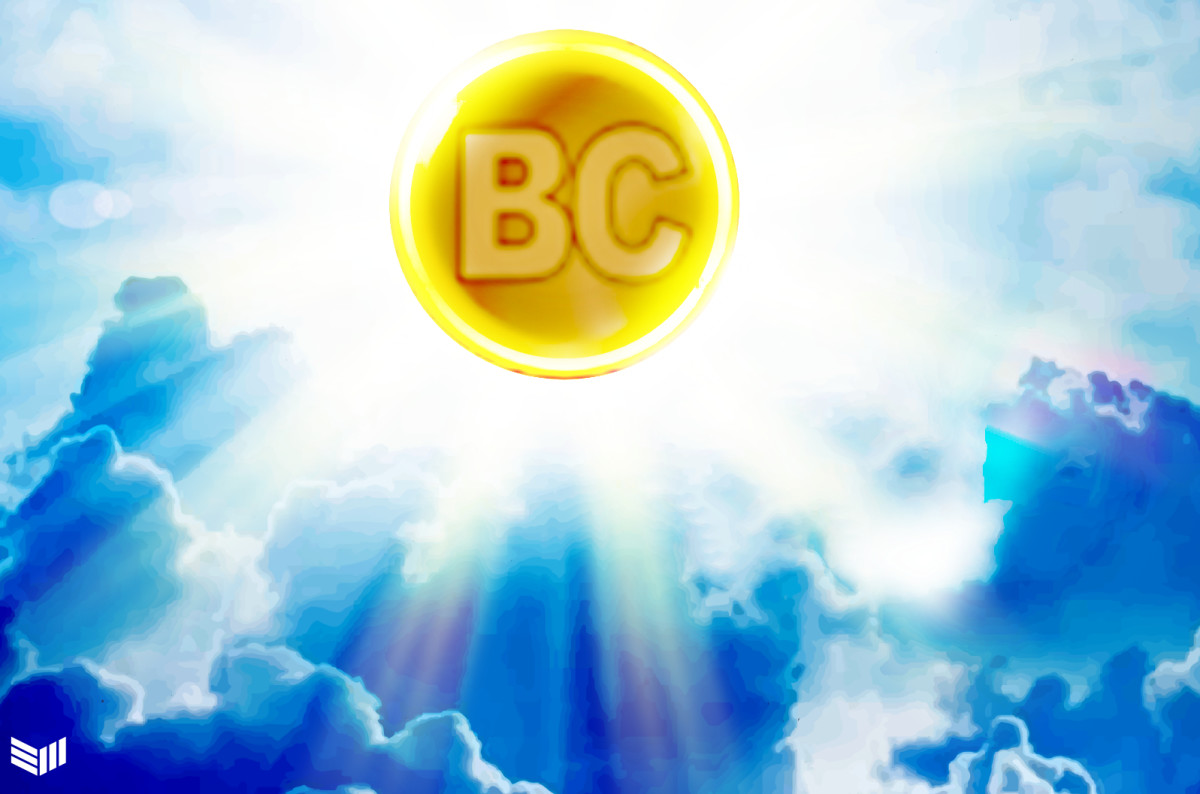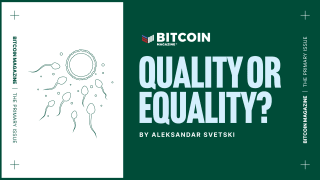
The promise of Bitcoin remains intact because its design circumvents the fragile human ego in ways that no other human endeavor ever has.
The human ego is a fragile thing. It’s quick to judge, insecure, easily manipulated and it gets attached to things through identification. It holds on to ideas and beliefs at all costs, often against our own interests and despite real world observations to the contrary. No one faces a struggle more difficult than what their own ego creates and the one thing that threatens our survival as much as anything else is the fragility of the human ego. Our best intentions are hijacked by it, paving the road to hell on earth.
It isn’t just genocidal government coercion that threatens our survival, but the fact that we fall for it. That, and our inability to see past our differences and find commonality in response to it. Egos become so intertwined with beliefs, creating a sense of self-inflated importance, that debates become pointless and serve little purpose other than reinforcing that same identification, superiority and division.
This has brought the world to a crossroads where we risk our own extermination through the perfect application of the old adage: divide and conquer. Only, we’re the ones dividing ourselves, leaving the human race vulnerable to be conquered by its own weakness.
No one can escape it. And we, those in the Bitcoin community, are no exception. Look no further than the botched attempt by Roger Ver to hijack Bitcoin, hiding behind the idea that Bitcoin can scale through an increase in block size alone. Or the ongoing saga involving that infamous character claiming to be Satoshi, a claim that was initially supported by Gavin Andresen, one of the original Bitcoin developers, despite all evidence to the contrary.
These people no longer pose a serious threat to Bitcoin, but at different times they may have. Despite the fact that Ver and Andresen may have started out with the best of intentions, the threats they posed to Bitcoin were once very real. And there will be others. Just look at the “Great Plague Of Shitcoinery.” And yet, Bitcoin survives and is flourishing, despite countless human egos wildly swinging for the fences.
Of course, no one looks at themselves this way. We’re all inclined to believe that these characters are nothing like us. They’ve got problems. We don’t. But let’s be honest. We’ve all sabotaged something at some point in our lives by virtue of being self-centered. And regardless of how small of an issue we think it may have been, it may have been a big deal for someone else without us ever known.
Even the most cruel dictator thinks he’s acting in the interest of someone he loves while the protesting mob is kicking down the palace doors. And, particularly where human systems of governance are concerned, inflated egos always and inevitably get the better of our best intentions.
And that’s the promise of Bitcoin. It remains intact where countless and all other well-intentioned human endeavors cannot. Because the design of Bitcoin circumvents the fragile human ego in ways that nothing else ever has.
There’s a lot of debate surrounding decentralization. But perhaps the aspect of decentralization that matters most is easily observable within ourselves. And I can’t think of a more powerful example than the creator(s) of Bitcoin deciding to remain anonymous and surrendering their world-changing invention.
No one can escape the gravity of the human ego. And in a world characterized by self indulgence, division and discontent, through an almost miraculous act, Satoshi ensured that no ego could ever hijack Bitcoin’s mission to change the world.
Perhaps in years to come, people will recognize and appreciate that this act of selflessness constitutes the single most profound act of enlightenment throughout all of recorded human history — eclipsing the likes of Gandhi, Jesus and Buddha. Satoshi changed the world, but no one knows who they are.
This is a guest post by Hermann Vivier. Opinions expressed are entirely their own and do not necessarily reflect those of BTC Inc or Bitcoin Magazine.










